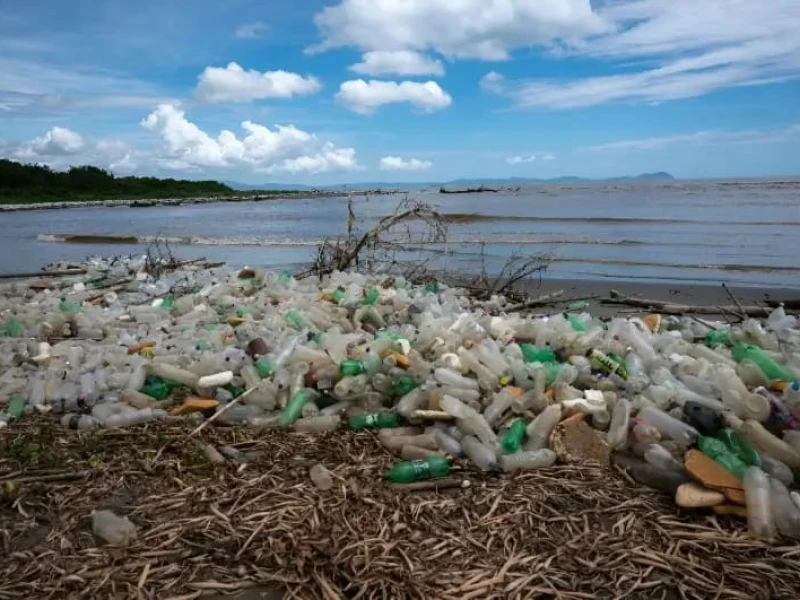A new analysis has raised serious concerns about the long-term health effects of drinking from plastic water bottles, warning that the risks have been “grossly underestimated”.
Research led by environmental scientist Sarah Sajedi, published in the Journal of Hazardous Materials, examined more than 140 scientific papers on the impact of microplastics and nanoplastics on human health.
The findings suggest that bottled water drinkers may consume tens of thousands more plastic particles each year than those who rely on tap water.
What the study found
The team estimated that an average person could swallow between 39,000 and 52,000 plastic particles annually, with bottled water adding as many as 90,000 extra particles compared with tap water. These particles – often invisible to the naked eye – can accumulate in the body over time.
Sajedi stressed that the main concern is not short-term poisoning but the potential harm from chronic exposure.
Drinking water from plastic bottles is fine in an emergency,” she said, but it is not something that should be used in daily life.”
Why it matters
Microplastics have been detected in blood, lungs and even placental tissue, but scientists are still working to understand their long-term effects.
By compiling data from dozens of studies, Sajedi and her co-authors say they have provided one of the clearest pictures yet of how much plastic people are consuming through bottled water.
Plastic waste is already a major environmental challenge. Single-use bottles are among the most common items found on beaches worldwide, adding to pollution in rivers and oceans.
Industry response
The International Bottled Water Association maintains that bottled water is a safe and convenient drink, particularly as an alternative to sugary beverages. A spokesperson noted that discouraging people from drinking water would be against the public interest.
However, critics point out that bottled water offers no nutritional advantage over tap water and can contribute both to microplastic exposure and to global plastic waste.
What you can do
Experts suggest choosing tap water when possible and using reusable containers made of glass or stainless steel. Proper recycling and reducing single-use plastics can also help limit pollution and exposure.


 Prev Post :
Prev Post :
